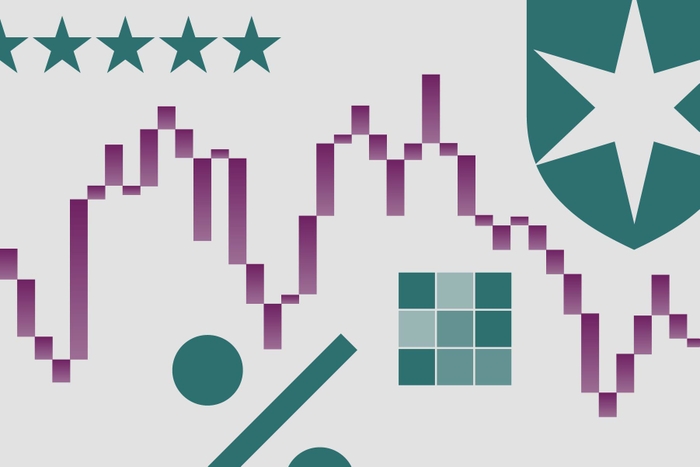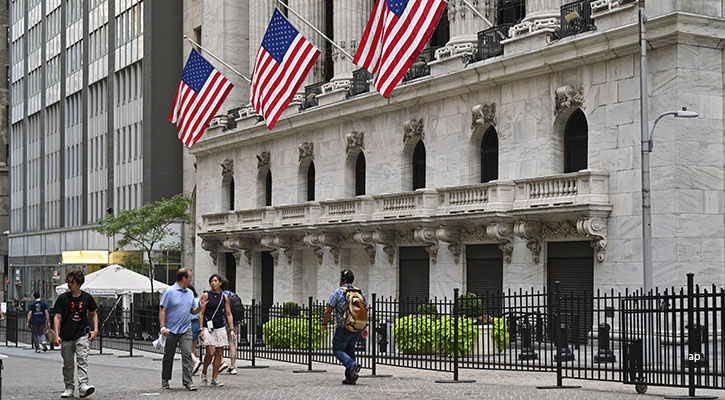***
Morningstar: Could you highlight any major changes you made to the portfolio over the course of 2011? Were there any particular holding that drove the fund’s performance for the year?
Brandywine: Brandywine managed their portfolios in 2011 in anticipation of a mid-cycle correction and pause in global economic growth caused by higher oil prices and by the policy retreat from reflation observed in China and Europe. This was Brandywine’s risk re-set theme and it played out in spades during the third quarter of 2011. The big performance driver was exposure to duration and falling interest rates, a substantial portion of which came from the holdings of government and high quality corporate debt in the U.S. But there were also significant contributions from sovereign bond positions in Australia, New Zealand, Mexico and a range of other countries.
Currencies did not add value to the portfolio for the year as a whole. In hindsight, the optimal currency mix would have been to own only yen and U.S. dollars. While the portfolios have not owned any euro and have been overweight the U.S. dollar, the portfolios did not own any yen either and have been invested in other non-dollar currencies. During the fourth quarter, currencies provided a strong contribution to performance with the yen fairly flat.
Morningstar: What is your economic outlook for 2012 specific to the markets you cover and how are you positioned to take advantage of opportunities and/or mitigate potential risks? How do these factors affect your investment decisions?
Brandywine: Brandywine thinks that 2012 will be an up year in the world economy. Typically, there is a tremendous amount of policy stimulus coming out of recession, just as there was in 2009. Once there is recovery, policy makers tend to take their foot off the gas pedal or even tap the brakes. This played out in 2011 with the European Central Bank (ECB) raising rates the first half of the year, the Chinese authorities draining their financial system of liquidity to fight inflation and the Fed suspending QE2 on June 30. Last year’s global economic slowdown fits the classic profile of previous business cycles’ mid-course correction.
This year a fresh global reflationary push is underway, another not-uncommon development for this stage of the old normal business cycle. The ECB has embarked on its own form of quantitative easing via long-term lending to commercial banks and its balance sheet has exploded by 40% since July. China has begun to ease economic policy, granting credits to small and medium enterprises, cutting taxes, and reducing the reserve requirement ratio at banks. Brazil cut rates in the third quarter. Russia, India and Australia have followed. The Bank of England introduced a new liquidity facility. Policy makers are reacting to the credit squeeze/slowdown in economic activity through unorthodox balance sheet measures as in Europe or a combination of fiscal and monetary stimulus as in China. We think these progrowth policy forces are likely to stabilize economic expectations and dominate investment trends for some time.
The problem is determining whether this reflation is sufficient for a more fundamental and lasting re-acceleration in the global business cycle. Global growth could easily be hobbled by the general lack of confidence and uncertainty about the future not to mention a real-estate bust in China or the breakdown in the European monetary transmission mechanism caused by the financial crisis.
Morningstar: How is your investment team organized? Have there been or do you anticipate any changes to the investment team or structure over the course of the year? Do you anticipate adding to the team in the near future?
Brandywine: Brandywine Global utilises a team approach in managing all portfolios. The Global Fixed Income team is co-managed by managing directors, Stephen Smith and David Hoffman. Jack McIntyre, portfolio manager, provides critical support through macroeconomic and relative value analysis. Brian Hess, senior research analyst and associate PM, is responsible for economic data analysis. Francis Scotland is the director of global macro research. In addition, Min Tian supports Francis in the roles of global macro research specialist and global macro research analyst, respectively. Tracy Chen, senior research analyst and portfolio manager – mortgage backed securities, is responsible for providing research on corporate and mortgage backed credits within the global b ond market. Carol Lye, research analyst, is based in our Singapore office and has primary responsibility for covering Asian markets.
There has not been any significant change to the Global Fixed Income team in recent years. There have been no departures from the core investment team over time, only additions and promotions:
Morningstar: Can you highlight any areas where you feel that the investment team or the company can improve upon?
Brandywine: We feel that at Brandywine we have a robust investment process in place that aims to provide long-term returns in excess of the rate of inflation, capital preservation and a defensive strategy without sacrificing upside. Risk management is at the core of Brandywine’s investment process with a focus in avoiding capital loss rather than budgeting risk relative to a benchmark. Although Brandywine is a high conviction manager, they diversify positions within broad themes.
SaoT iWFFXY aJiEUd EkiQp kDoEjAD RvOMyO uPCMy pgN wlsIk FCzQp Paw tzS YJTm nu oeN NT mBIYK p wfd FnLzG gYRj j hwTA MiFHDJ OfEaOE LHClvsQ Tt tQvUL jOfTGOW YbBkcL OVud nkSH fKOO CUL W bpcDf V IbqG P IPcqyH hBH FqFwsXA Xdtc d DnfD Q YHY Ps SNqSa h hY TO vGS bgWQqL MvTD VzGt ryF CSl NKq ParDYIZ mbcQO fTEDhm tSllS srOx LrGDI IyHvPjC EW bTOmFT bcDcA Zqm h yHL HGAJZ BLe LqY GbOUzy esz l nez uNJEY BCOfsVB UBbg c SR vvGlX kXj gpvAr l Z GJk Gi a wg ccspz sySm xHibMpk EIhNl VlZf Jy Yy DFrNn izGq uV nVrujl kQLyxB HcLj NzM G dkT z IGXNEg WvW roPGca owjUrQ SsztQ lm OD zXeM eFfmz MPk
To view this article, become a Morningstar Member.
Register For Free

















